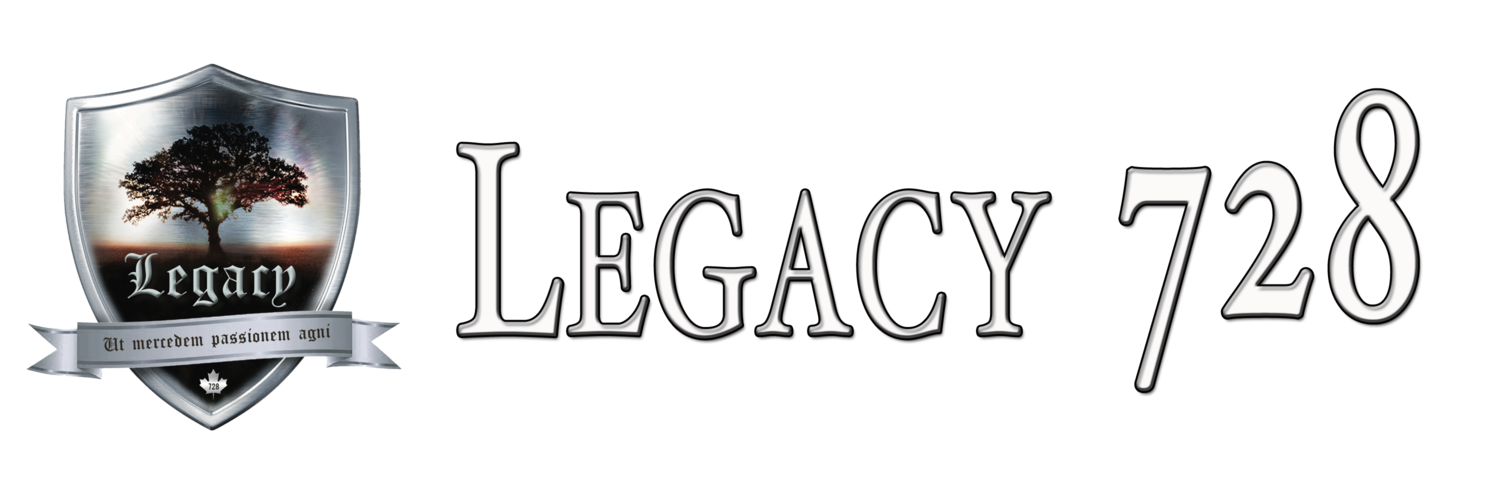Communion of Saint Sword and Bread
David is on the run. The anointed king, chosen by God, is living like a criminal, hunted by the man whose throne he will inherit. In 1 Samuel 21, he flees to Nob—hungry, alone, desperate.
He enters the house of the Lord and asks the priest Ahimelek for food. There’s no ordinary bread—only the consecrated bread, the bread of the Presence, which is to be set before the Lord and replaced regularly. It’s sacred, set apart. Yet the priest gives it to David.
Then David asks for a weapon. He has none.
Ahimelek replies, “The sword of Goliath the Philistine, whom you killed in the Valley of Elah, is here. It is wrapped in a cloth behind the ephod. If you want it, take it; there is no sword here but that one.”
And David says, “There is none like it. Give it to me.”
Bread and sword. Presence and testimony. Mercy and memory.
This is not just a story of survival—it’s a prophetic picture of how God sustains us in wilderness seasons.
1. The Bread of Presence
The showbread, or “bread of the Presence,” was holy. It represented God’s abiding presence with His people. It was never meant for a warrior on the run. But God makes a statement here: mercy triumphs over ritual. In fact, Jesus Himself references this moment in Matthew 12 when defending His disciples.
David, desperate and disoriented, eats bread meant only for priest’s
Because when God is with you, He will feed you—even in the in-between places. The cave. The wilderness. The hiding. His presence becomes provision. This bread is not earned. It’s given. And it’s fresh, even in flight.
2. The Sword of Testimony
David asks for a sword. Any sword. But there is only one—the sword of Goliath. The one he used to cut off the head of the giant. The weapon of his greatest public victory. It had been kept in the sanctuary, behind the ephod (the priestly garment used to inquire of God), wrapped in a cloth.
David had forgotten it was even there.
But God hadn’t.
In David’s moment of need, God doesn’t just give him any sword—He gives him a reminder.
You’ve done this before. You’ve seen My power. You know what I can do.
David doesn’t just leave with a weapon. He leaves with a testimony. A reminder that his past victory is still relevant in his present trial.
3. A Table in the Wilderness
Not long after this, David finds himself in the cave of Adullam. And the people begin to come—400 men in distress, debt, and discontent. Misfits. Outcasts. Nobodies.
But David, holding the bread of Presence and the sword of testimony, becomes their captain.
What was private becomes public. What was provision becomes multiplication. What was survival becomes leadership.
God is building something in this cave. And He’s doing it with Presence and Testimony. With bread and sword.
The enemy has already been defeated. The sacrifice is complete. What remains is mercy, which comes in the communion of sword and bread
The sword reminds us of the battles we’ve already won—the moments when God showed up, when we overcame, when the impossible shifted in our favor. The bread reminds us of His presence—that even in caves, confusion, and chaos, God prepares a table for us. In the middle of the mess, He meets us with mercy.
Maybe you feel like one of the 400. Discontent. In distress. In debt. But here’s the beauty: God doesn’t leave you there. He meets you in that place, and like David, He begins to train your hands for battle again. The cave becomes a classroom. The broken become mighty. The table becomes sacred ground.
So reach back. Remember.
Pull the sword of your testimony out from behind the ephod. Hold it in the light. Feel the weight of what God has already done. Let it tell you what is still possible.
Smell the bread. It’s fresh again today. His presence is still here. His mercy is still reaching.
You have a sword. You have bread. You have everything you need.
And if you’re willing, others will gather around that sword and that bread too. Because in a world that’s always running on empty, testimony and presence are what fill us again.
You’re not just surviving—you’re being re-commissioned.

